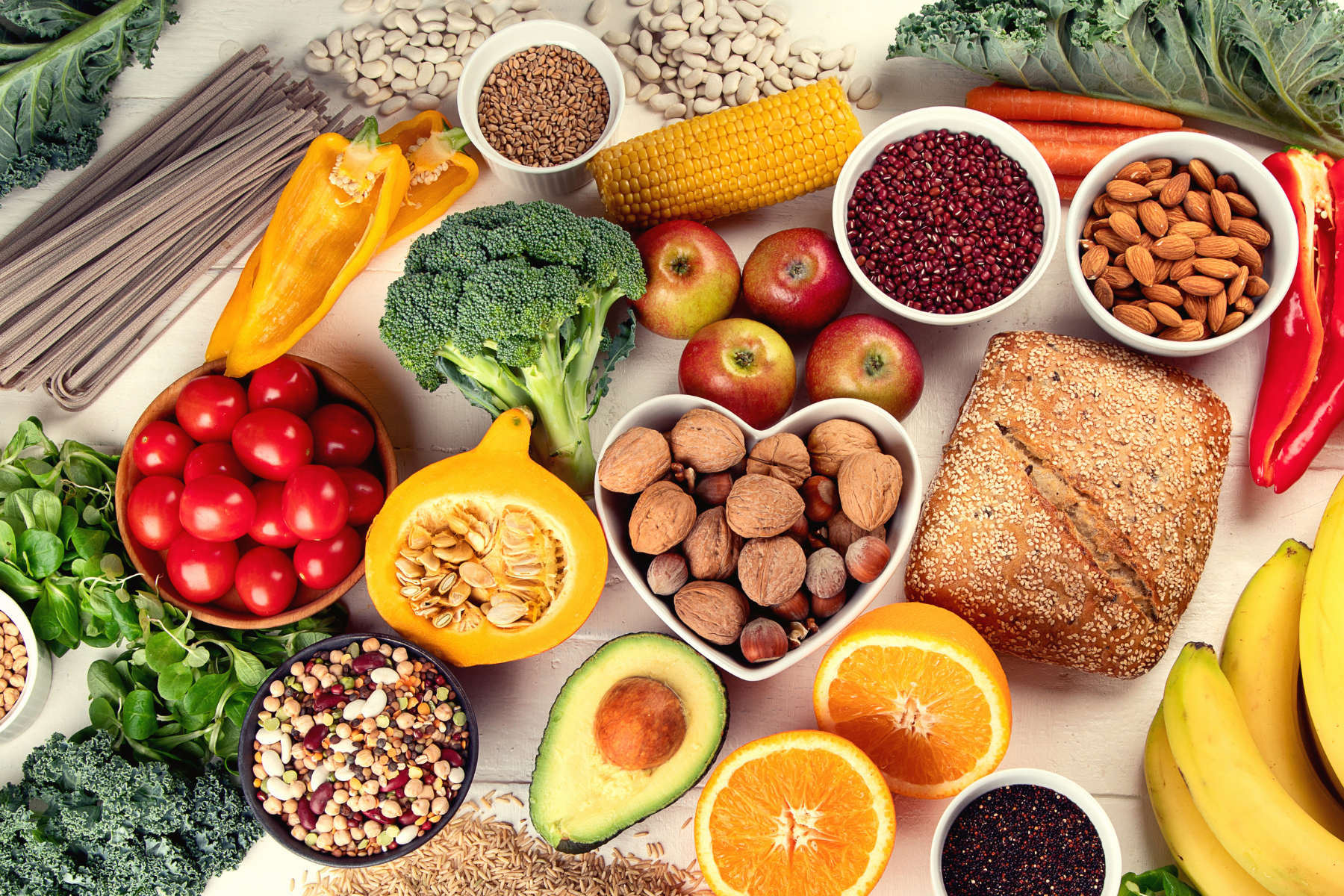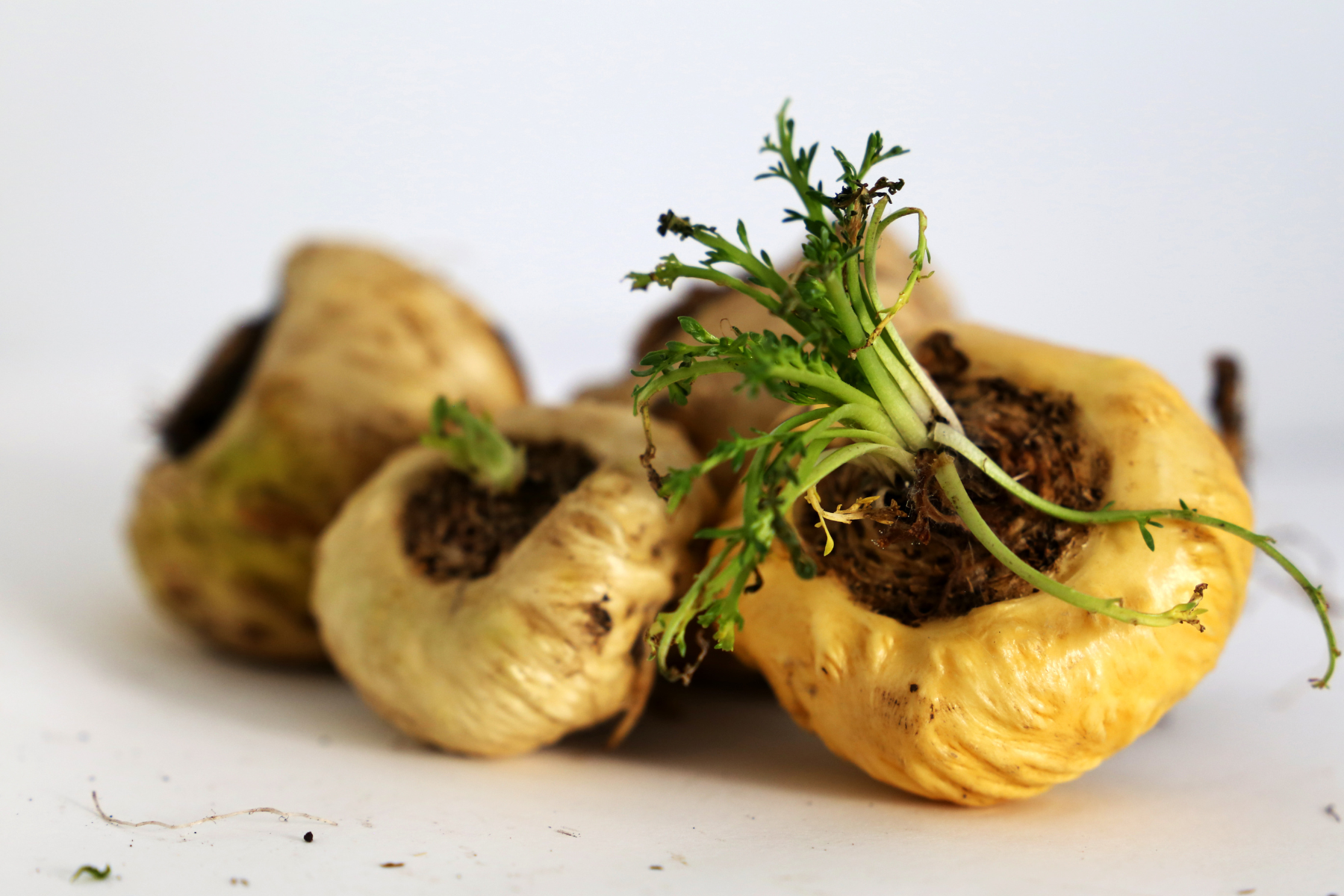
Conquering Extreme Fatigue In Perimenopause: Your Ultimate Guide
If you're reading this, you may be stepping into an adventure known as perimenopause, a precursor to menopause that many women start experiencing in their late 40s or early 50s. Perimenopause is not merely a sign that menopause is around the corner; it comes with a mix of symptoms that can significantly impact daily life. One of the most challenging symptoms? Perimenopause extreme fatigue. This isn't just feeling a little tired; it's a deep, pervasive weariness that sleep doesn't seem to fix.
Addressing this fatigue is crucial, not only for keeping up with your daily activities but also for maintaining your overall well-being and happiness. In this guide, we’ll delve into what causes perimenopause extreme fatigue, its effects on life, and most importantly, how to manage it. Are you ready to tackle this head-on and reclaim your energy? Let’s jump right in!

Understanding Fatigue During Perimenopause
The Roots of Perimenopause Extreme Fatigue
Our bodies are incredible, yet the hormonal fluctuations during perimenopause can be overwhelming. As estrogen and progesterone levels begin their rollercoaster ride, our energy can plummet, leaving us feeling endlessly drained. Add in the common perimenopausal challenges of erratic sleep patterns, emotional fluctuations, and symptoms like hot flashes, and it's clear why extreme fatigue becomes a significant issue.
Early Signs of Perimenopause Fatigue
Recognizing the early signs of perimenopause fatigue is the first step towards navigating through the foggy terrain of hormonal changes. This fatigue often sneaks up subtly, manifesting as a lack of energy in the mornings despite a full night's sleep or an overwhelming sense of tiredness after completing tasks that used to be part of your routine. You might also notice mood swings more frequently or find it harder to concentrate than before. Understanding these signs early on not only helps in acknowledging what your body is going through but also sets the stage for effective management strategies. Early recognition allows you to adjust your lifestyle, dietary habits, and exercise routines in ways that can significantly mitigate fatigue's impact, making this journey through perimenopause smoother and more manageable.
The Impact on Daily Life
Perimenopause extreme fatigue can transform routine tasks into monumental efforts. Work, family responsibilities, and personal care may start to feel insurmountable. This constant state of exhaustion can affect relationships, erode self-confidence, and cloud mental health. Ignoring this fatigue isn’t wise, as it can lead to a downward spiral into a sedentary lifestyle, inviting further health complications.
How Long Does Fatigue in Perimenopause Last?
Perimenopause fatigue varies greatly among individuals, both in intensity and duration. It's a phase that can last several years, typically beginning in the late 40s and continuing until menopause, which on average occurs at age 51. The duration of extreme fatigue within this period can fluctuate, with some women experiencing sporadic episodes and others facing more prolonged challenges.
Managing fatigue effectively can shorten its impact on your daily life, making understanding and addressing its underlying causes and symptoms crucial. With proper lifestyle adjustments, nutritional support, and possibly medical guidance, you can mitigate the effects of perimenopause fatigue and improve your overall energy levels.

Combat Perimenopausal Fatigue With A Healthy Diet
Nutrition's Role in Fighting Extreme Fatigue
A healthy diet is a powerful tool in your arsenal against perimenopause extreme fatigue, offering a foundation for energy and wellness. Eating a well-balanced diet rich in fruits, vegetables, whole grains, and lean proteins can help boost our energy levels. Certain foods are particularly beneficial for balancing hormones and combating fatigue. For insights on specific foods to include in your diet, our article "Boost Your Estrogen Naturally With These 10 Foods" provides valuable guidance. Integrating these foods can make a noticeable difference in how we feel throughout the day.
What Are The Best Nutrients For Perimenopausal Fatigue?
Let’s talk power foods and magic minerals! Nutrition is a key player in the fight against fatigue, and getting familiar with magnesium, iron, B vitamins, omega-3 fatty acids, and fiber can change the game. Whether it’s munching on dark leafy greens, indulging in a bit of dark chocolate for magnesium, or boosting your B vitamin intake with chickpeas and bananas, these nutrients are your allies. Don’t forget omega-3 packed foods like salmon or fiber-rich berries and oats for that sustained energy.
The Magic of Magnesium
First up, let’s talk about magnesium. This mighty mineral is like a jack-of-all-trades when it comes to our health. It’s involved in hundreds of biochemical reactions in your body, including energy creation. Feeling tired? Magnesium-rich foods might just be what you need to help perk you up.
Where to Find It: Dive into dark leafy greens like spinach and Swiss chard, snack on nuts and seeds (hello, pumpkin seeds and almonds!), and don’t forget about whole grains and dark chocolate (yes, chocolate can be good for you!).
Iron: The Energy Booster
Iron is crucial for energy levels. It helps in making hemoglobin, a component of your blood that carries oxygen to your cells. Low levels of iron can leave you feeling sluggish and fatigued, which is the last thing you need during menopause.
Where to Find It: Lean meats and seafood are great sources if you’re not vegetarian. For the plant-lovers among us, lentils, spinach, and fortified cereals are your go-tos. Pairing these with vitamin C-rich foods can boost iron absorption—think bell peppers and oranges.
B Vitamins: The Energy Crew
The B vitamins, especially B12, B6, and folate, play a vital role in energy production. They're like the crew behind the scenes, making sure the show goes on smoothly, ensuring your cells are fed and energized.
Where to Find It: Animal products are prime sources of B12, so if you eat meat, fish, poultry, and dairy, you’re likely getting enough. If you eat plant-based, B6 stars in chickpeas, bananas, and potatoes, while folate shines in leafy greens, avocados, and legumes.
Omega-3 Fatty Acids: The Mood and Mind Boosters
Omega-3 fatty acids aren’t just good for your heart; they’re great for your brain and mood, too. Since fatigue can often be linked to mood, incorporating omega-3s into your diet can help you feel more upbeat and energized.
Where to Find It: Fatty fish like salmon, mackerel, and sardines are famous for their omega-3 content. Not a fish fan? Flaxseeds, chia seeds, and walnuts are fantastic plant-based options.
Fiber: The Unsung Hero
While not directly linked to energy production, fiber is vital for maintaining stable blood sugar levels, which can help prevent those mid-afternoon energy crashes. Plus, a happy gut means better overall health and more stable energy levels.
Where to Find It: Fruits, vegetables, whole grains, and legumes are your fiber friends. Berries, apples, oats, and beans are particularly fiber-full.
Incorporating these nutrient-dense foods into your diet can help combat menopausal fatigue and keep your energy levels more consistent throughout the day. Remember, it’s all about balance and finding what works best for your body. Experiment with these foods and notice how they affect your energy levels and overall well-being. If you would like, you can check out our full comprehensive food plan which entails all the key foods you should aim in your diet to include to help soothe your symptoms.

Harnessing the Power of Herbs During Perimenopause
In the landscape of perimenopause, where hormonal fluctuations dominate, introducing certain herbs into your diet can serve as a natural strategy to navigate symptoms with more ease. These herbs, revered for centuries in various cultures for their medicinal properties, can offer a complementary approach to managing perimenopause symptoms, including extreme fatigue. Here’s a closer look at some of these herbal allies and how they can be integrated into your daily routine:
Black Cohosh: The Hormone Harmonizer
Black cohosh has been a staple herb for women transitioning through perimenopause, primarily due to its potential to ease hormonal fluctuations and reduce symptoms such as hot flashes, night sweats, and mood swings. While black cohosh doesn’t directly target fatigue, by alleviating other perimenopausal symptoms, it indirectly contributes to better sleep and increased energy levels. Available in capsules, teas, or tinctures, black cohosh can be a valuable addition to your herbal regimen.
Maca Root: The Energy Enhancer
Maca root, a cruciferous vegetable native to Peru, is celebrated for its energy-boosting and mood-lifting properties. Rich in vitamins, minerals, and phytonutrients, maca root can help balance hormone levels, thereby enhancing stamina and well-being during perimenopause. Adding maca powder to smoothies, oatmeal, or baked goods is an easy way to enjoy its benefits.
Red Clover: The Phytoestrogen Powerhouse
Red clover is a source of isoflavones, plant-based compounds that mimic estrogen in the body. This can be particularly beneficial during perimenopause, as natural estrogen levels decline. Red clover may help manage hot flashes and improve cardiovascular health. It can be consumed as tea or in supplement form to support hormonal balance and alleviate fatigue.
Incorporating Herbs into Your Diet
When adding these or any herbs to your diet, it’s important to start with small doses and pay attention to how your body responds. Consulting with a healthcare provider, especially one knowledgeable in herbal medicine, can ensure that these herbs complement your health regimen without interfering with medications or causing adverse effects.
Herbs offer a gentle yet powerful means to support your body through the transitions of perimenopause. By harnessing the wisdom of nature, you can navigate this phase with resilience, tapping into herbal remedies that have supported women through the ages.
The Power of Physical Activity
Though it may be the last thing you feel like doing, moving your body can do wonders for boosting your energy. It increases blood flow, improves sleep, lifts your mood, and is great for heart health and stress reduction. Find activities you enjoy, and incorporate them into your daily routine to feel more energized.
Sleep and Rest: Catching Those Zzzs
Good sleep is essential for battling menopausal fatigue. Creating a cool, dark, and quiet sleep environment, maintaining a regular sleep schedule, and unwinding before bed can help improve your sleep quality. And remember, it’s okay to rest when you need it—listening to your body is key.
Holistic Approaches to Keeping Your Spirits Up
Mindfulness, meditation, laughter, and connection can all play a significant role in managing menopausal fatigue. Engaging in activities that bring you joy and connecting with others who understand what you’re going through can be incredibly uplifting.
Preparing for the Transition to Menopause
As perimenopause unfolds, the path leads inevitably towards menopause—the final cessation of menstrual cycles. Preparing for this transition is about embracing change with grace and understanding. It involves recognizing that while some symptoms may persist, others may wane, and new strategies might be needed to maintain your quality of life and energy levels. This preparation includes not only continuing the dietary, exercise, and wellness practices that have supported you through perimenopause but also staying informed about what menopause entails. Regular check-ups, open conversations with healthcare providers, and possibly adjustments in treatments or supplements will be key components of your strategy. Embracing this transition with knowledge and proactive measures allows for a smoother passage through one of life’s natural stages, keeping your vitality and well-being at the forefront.
This guide aims to provide you with a mix of practical advice and warm encouragement to help navigate your extreme fatigue during perimenopause with a bit more ease and a lot more joy. From nourishing your body with the right foods to moving more and finding peace in rest and connection, we’ve covered a range of strategies designed to support you on this journey. Remember, we’re in this together, ready to explore, share, and uplift each other every step of the way.
Feeling prepared to tackle extreme fatigue and embrace this phase of life with new strategies? Let’s continue to support each other and share our experiences through perimenopause and beyond.
Unlock Exclusive Deals!
Be the first to know about our special promotions, new arrivals, and more when you sign up for our newsletter.



